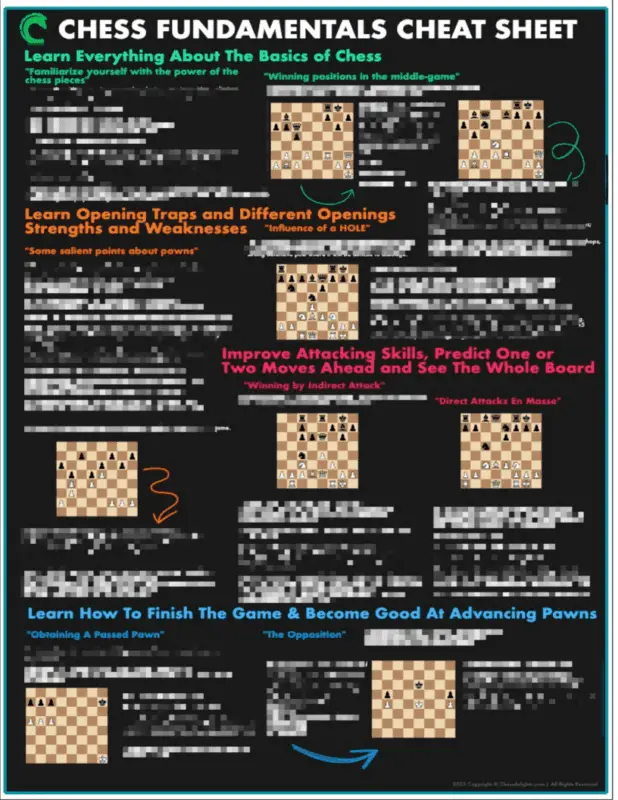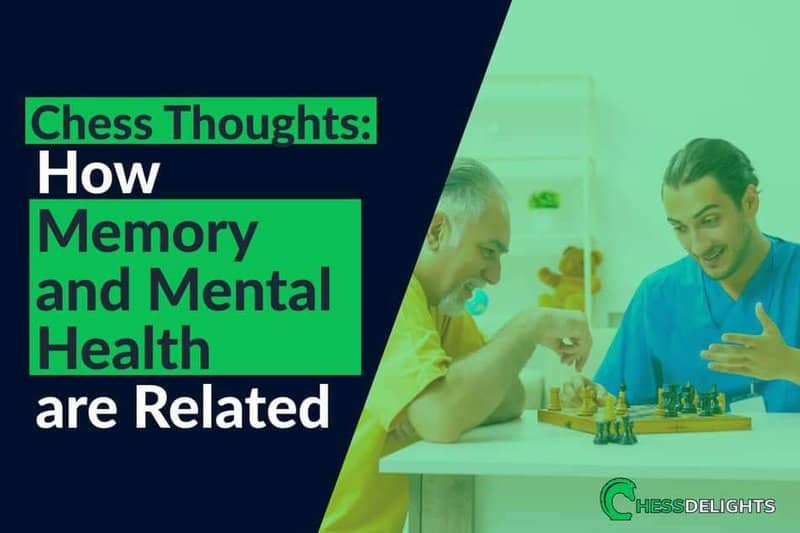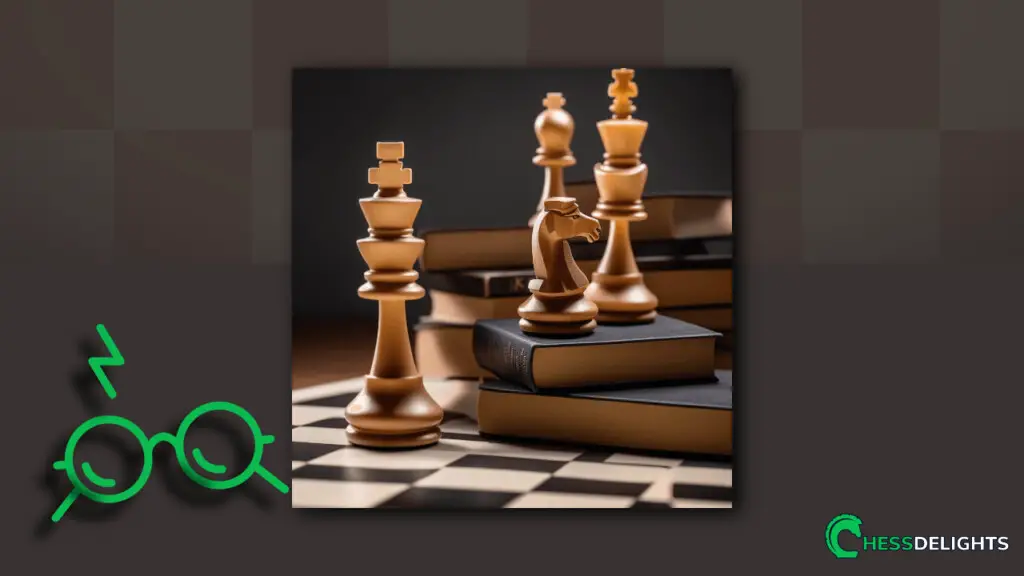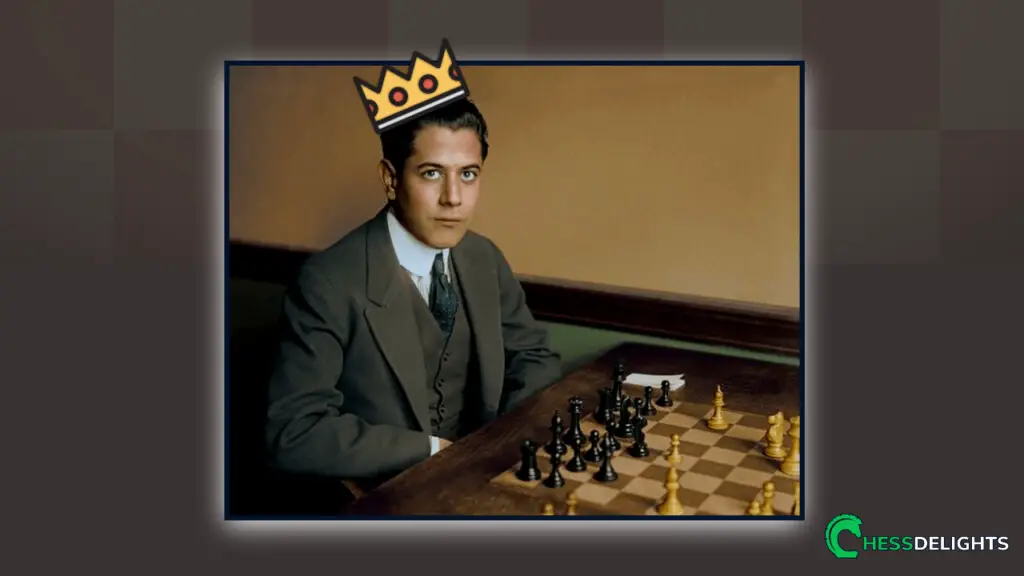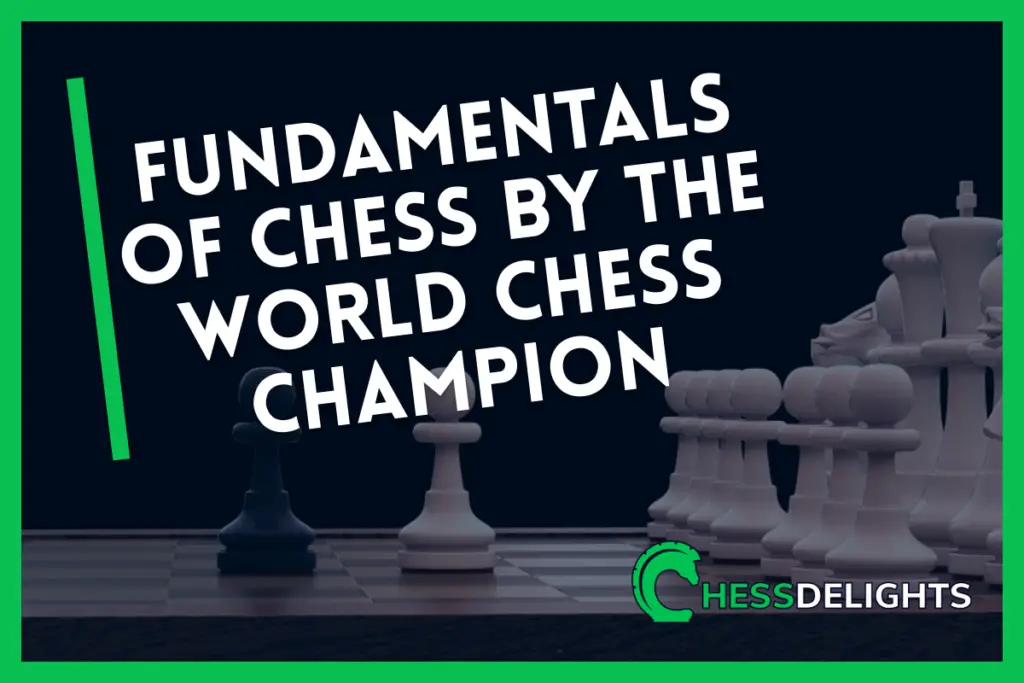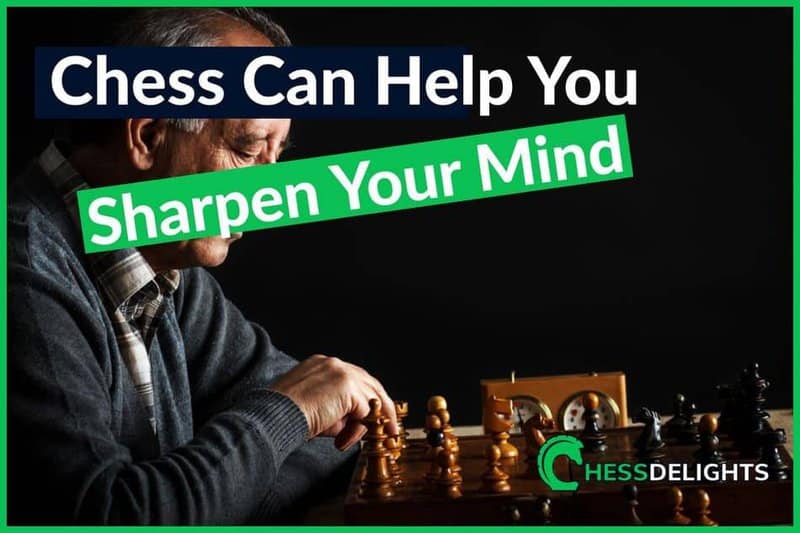It isn’t exactly common knowledge that memory and mental health are correlated with one another. The truth is, they go hand in hand much more than you may realize. Memory is connected with all sorts of things like intelligence and IQ levels, but also mental illness, trauma, and other mental health disorders. If you feel like your memory has taken a hit or just isn’t at the level it once was, you should consider talking to a therapist about your concerns.
Therapists, such as those over at MyTherapist can help you figure out whether these concerns require further intervention, or are normal experiences, such as everyday forgetfulness. While the relationship between mental health and memory is still being debated and researched more in-depth, there are certain connections between the two that have already been discovered.
Learning about these correlations can help you stay informed as you work through any memory or mental health problems you may be experiencing. As always, make sure to consult with your doctor or another professional and avoid making any diagnoses yourself. At the very least, it’s good you’re being proactive in educating yourself more on the topics of memory and mental health. So, just how are memory and mental health related (or not related)?
How to Improve Memory
Improving your memory is a goal many take up for a wide variety of reasons and a great goal to have. You may consider taking up a hobby or two that will improve your memory without you even realizing it. Games like chess keep your brain stimulated and active instead of sitting idle. While memorization isn’t the only skill you need to play chess, it’s important because the better you are at memorizing potential moves the more likely you’ll be to make the winning moves yourself.
Other brain games that help memory are Sudoku, Scrabble, jigsaw puzzles, Crossword puzzles, Checkers, and other types of board games. No matter your age, it is vital to keep your brain actively moving in order to counteract the effects of aging and memory loss.
Memory Disorders
Memory disorders affect the brain and can arise at any point in life but are more common among the older population. Conditions like Alzheimer’s and dementia cause the brain to decline over time and can produce memory loss that goes beyond normal forgetfulness.
Those with memory disorders may forget who their spouse is, the names of their children, where they grew up, or how old they are. These conditions are very hard on the person experiencing it, but also affect family members and friends greatly. Memory disorders do affect mental health, but it’s not widely supported that they are a mental illness.
In this way, memory disorders are only mildly connected with mental illness, if at all.
Stress and Memory
There has been a lot of research on the effects of stress on your body, brain, mental health, and yes, even your memory. Some stress is good, but too much of it can quickly have disastrous effects. Think about a time when you were very stressed about something in a public setting.
You may have been in the middle of a conversation, watching a movie, or listening to a speaker at an event. How much can you recall from that conversation, movie, or event? Probably not too much. Or at least not as much as you would have been able to recall had you been stress-free.
Stress affects your ability to create short-term memories and store information. In other words, don’t be so quick to trust even your own memory if stress might have had its hand in it.
Anxiety and Memory
Similar to stress, anxiety affects memory in a negative way. The difference between stress and anxiety is that stress is more of a reaction to an actual threat while anxiety is more often a reaction to a perceived threat. Anxiety is also much more persistent and harder to get rid of. Like stress, anxiety can cause you to freeze up or black out, making it harder to recall even short-term events and memories.
Anxiety might also cause you to forget information, such as when taking a test or trying to remember your to-do list for the day. Everyone experiences stress and anxiety from time to time, but if it becomes debilitating, it may signal a mental health disorder and you should see a professional.
Depression and Memory
Depression is a complex mental health disorder that affects everyone with it in different ways. While not everyone with depression will experience memory issues, there is a link between the two. Those who are depressed are much more likely to remember the bad memories from their life than the good ones.
This makes a lot of sense, as the focus then goes solely to what is wrong with life and how things could be better.
Those with depression then forget that happier days have come before them and are possible in the future. Instead, they can only recall the bad stuff and fixate entirely on that. Beyond this fixation, depression causes trouble with paying attention, making decisions, and short-term retention of new information.
Buried or Repressed Memories
While there is some debate around repressed memories and if they actually exist, it’s a much more commonly held belief that trauma plays a big role in forgetting certain memories or even having parts of life that are completely blank. Trauma and memory are highly correlated because the brain will often subconsciously forget events or experiences in order to protect you. Fear has a drastic effect on your mind and body, so it’s no wonder that particularly hard or disturbing events would cause your mind to shut down for some time.
It may not even be a subconscious thing; sometimes experiences are too hard to remember so they’re purposely repressed. If you find yourself repressing memories, you shouldn’t feel any shame about it. It’s a normal response to fear. Both physical and emotional trauma can equally affect your memory. If you would like to recall these memories that you may have subconsciously or purposefully stored away, the help of a qualified professional is recommended. Bringing up the past can be troublesome, emotional, and difficult to do alone.
A professional will be able to guide you through your memories and life more carefully to avoid upsetting you even further. It’s important to remember that your mind and memory can be powerful tools for healing.
The Brain as a Muscle
Think of your brain like a muscle. The more you use it, the stronger it becomes. The less you use it, the weaker it gets with time. While it’s not inevitable that you’ll lose your memory as you get older (as some people mistakenly believe), prevention is always key.
Everyone forgets things every now and then, but if you feel your memory loss is abnormal, extreme, or more than just forgetfulness, it’s always a good idea to talk with a trusted professional about your concerns.
Though the link between mental health and memory remains a mystery in many areas, it’s also clear in many others. Any time spent improving either your memory or mental health is never time wasted. Our well-being heavily depends on our mental health, so it’s always good to pay attention to it. If you ever have concerns about your mental health, make sure to tell someone and seek out the help of a therapist.
Pursuit of a better memory should never be taken on at the expense of your mental health.
This means you shouldn’t push yourself too hard to improve your memory. While it’s good to play brain games and stay engaged, your mind also needs regular breaks. Improving your memory should also be something you do for fun and for your own health, not a chore that you dread. If you find an activity that you genuinely enjoy, such as chess, then of course there isn’t anything wrong with playing as often as you would like.
Just remember to stay engaged in the other aspects of your life too. Doing so will bring you more happiness, connectedness, and contentment with life.
